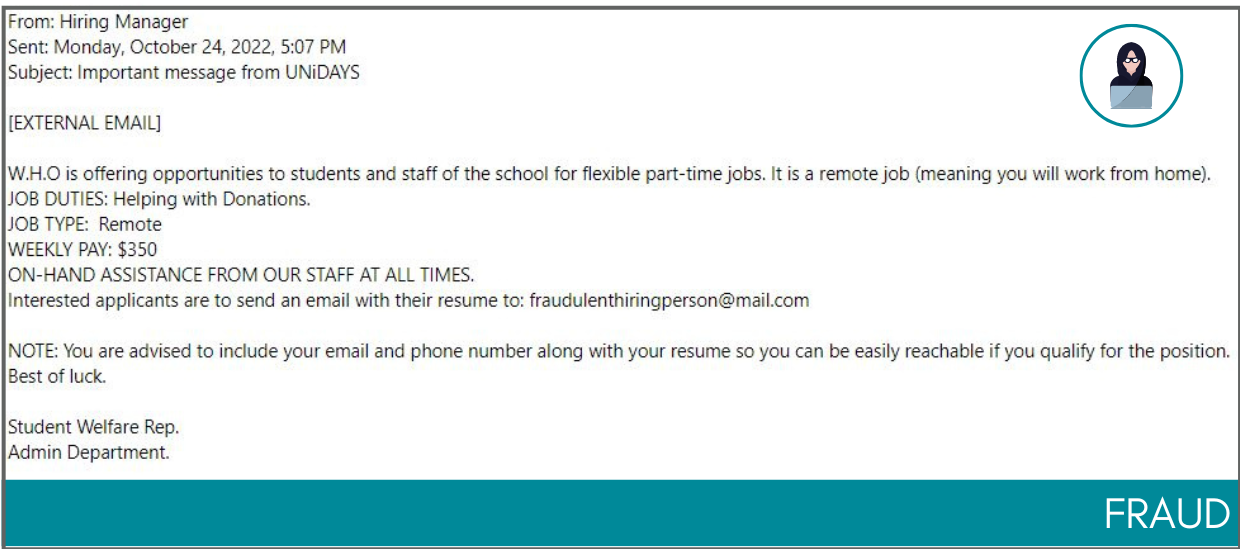-
About
Admitted Student Days
• Saturday, March 28
• Sunday, March 29
• Saturday, April 11Accepted Students: Be sure to register for one of our Admitted Student Days and explore all that Marist has to offer.
About
-
Academics
Admitted Student Days
• Saturday, March 28
• Sunday, March 29
• Saturday, April 11Accepted Students: Be sure to register for one of our Admitted Student Days and explore all that Marist has to offer.
Academics
-
Admission & Financial Aid
Admitted Student Days
• Saturday, March 28
• Sunday, March 29
• Saturday, April 11Accepted Students: Be sure to register for one of our Admitted Student Days and explore all that Marist has to offer.
Admission & Financial Aid
-
Student Life
Admitted Student Days
• Saturday, March 28
• Sunday, March 29
• Saturday, April 11Accepted Students: Be sure to register for one of our Admitted Student Days and explore all that Marist has to offer.
Student Life
- Athletics
An image of a letter being caught by a fishing pole with the text "Gone Phishing"
What NOT To Do: Phishing & Secure Your Workstation
What TO Do: Phishing & Secure Your Workstation

Why this looks valid
-
Unsolicited job offers directed at college students are very common
-
Often these emails are created to look like they are from valid employers, and can even include details such as official logos
-
UNiDAYS is a real company that offers discounts to college students
Why this is fraud
-
Generic salutations and signoffs are good indicators of malicious emails (student welfare rep.? admin department.?)
-
Awkward sentence construction, grammatical errors, and punctuation inconsistencies are good indicators of malicious emails
-
Responding to this email leads to the collection of personal information
-
Additional interaction with the sender leads to a check fraud scam
Additional notes
-
Are you a Marist student looking for a job? Contact the right experts who can help you at the Center for Career Services: https://www.marist.edu/academic-resources/career-services
-
Fraudulent job offers are extremely common. For more information, see https://www.bbb.org/article/news-releases/20710-scam-alert-employment-scams-target-college-students
-
The FTC has additional information about how these scams work. The sender will mail a check and ask the recipient to send back the difference in the service cost through a wire transfer. The check will be fraudulent, but by the time your bank figures it out you will be out a few hundred (or thousand!) dollars and it is likely those funds will never be recovered: https://www.consumer.ftc.gov/articles/job-scams
-
If you receive one of these emails and have interest in learning more, make sure to look up the company, verify it is real, and then seek out an official corporate email address or the Human Resources phone number to ask for more information
-
A little paranoia goes a long way! Be suspicious of any email messages similar to this one and always forward them right away to phishing@marist.edu
